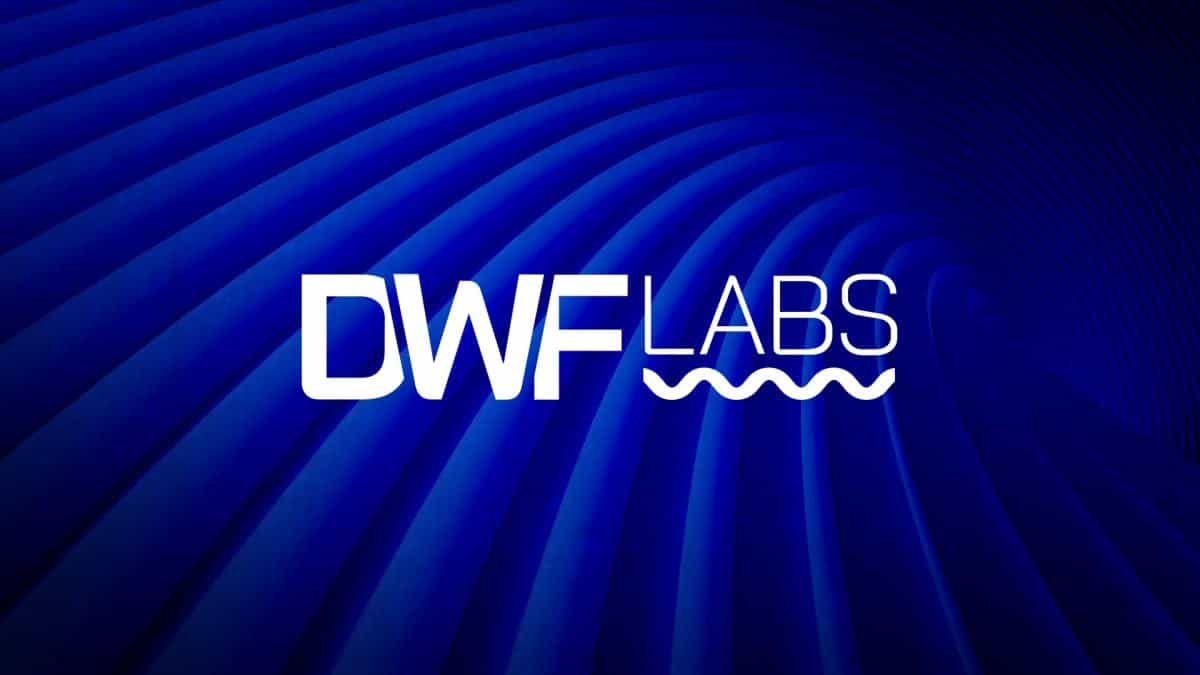What are decentralized exchange aggregators?


There are a wide variety of decentralized exchanges (DEXs), enabling direct crypto swaps for a large array of tokens. But it can be hard to know which is the most effective exchange to use for a token exchange at a given time.
In comes DEX aggregators, which make it easier to find the most cost-effective way to make a certain trade. In this article, we will explore what aggregators are, how they work, and the different ways in which they are used.
The importance of aggregators in the cryptocurrency market
DEX aggregators play a critical role in the cryptocurrency world. These platforms provide a consolidated and simplified interface for users to access the liquidity pools of various exchanges.
The primary function of these aggregators is to help users find the best possible trading conditions, especially in terms of pricing and liquidity. Liquidity, or the ease with which an asset can be bought or sold without significantly impacting its price, is a crucial factor in the efficiency of a marketplace.
In traditional markets, this function is performed by market makers. However, in the world of decentralized exchanges, there is no such intervention. Instead, users themselves become liquidity providers by depositing their assets into liquidity pools. The liquidity of each token pair on a DEX depends on the popularity of the platform itself and the interest of users in depositing assets for specific token pairs.
This fragmented liquidity across multiple DEXs can lead to inefficiencies and difficulties in trading, particularly for less known altcoins with small market caps.
This is where DEX aggregators play a key role. By linking to multiple DEXs, these platforms can find the optimal liquidity pool for any given token pair, ensuring swift execution of a swap order with the least slippage percentage. Slippage is the discrepancy between the expected swap price and the actual swap price, resulting from insufficient tokens in a liquidity pool. In the volatile crypto market, mitigating the slippage problem becomes crucial.
Moreover, DEX aggregators offer various other benefits. They can find the most optimal trading position with the least slippage possible, even for large-volume trades. They can also help users find liquidity pools with lower fees that could offer a better executing price.
A look at the top cryptocurrency aggregators
Let's delve into the world of DEX aggregators by comparing some of the most popular platforms in the crypto space: 1inch  1INCH
+1.63%
, CoW Swap, and ParaSwap.
1INCH
+1.63%
, CoW Swap, and ParaSwap.
1inch is known for its extensive coverage of token pairs and blockchain networks. As of November 2022, it has facilitated $254B worth of trading volume from 309 liquidity sources. It also offers its own token, the Chi Token, which users can utilize to cover  ETH
+0.76%
gas fees, making transactions more cost-effective. Moreover, 1inch does not charge fees for withdrawals, making it an attractive choice for many traders.
ETH
+0.76%
gas fees, making transactions more cost-effective. Moreover, 1inch does not charge fees for withdrawals, making it an attractive choice for many traders.
CoW Swap is a decentralized trading interface built on top of the CoW Protocol. It's designed to offer users better prices by leveraging batch auctions as a way to reduce the impact of miners front-running transactions, a common issue on other decentralized platforms. By aggregating trades over a short period and then executing them together in a single transaction, CowSwap aims to offer its users lower slippage and reduced gas costs.
ParaSwap, meanwhile, stands out with its own liquidity pool, ParaSwapPool, which provides an extra measure against low slippage. Covering seven blockchain networks with over 65 liquidity sources, ParaSwap is also integrated with popular DeFi wallets and dApps like Aave, MetaMask, Ledger, Argent, Enzyme, and Zerion. It also offers staking rewards for users who stake their PSP tokens, adding an extra incentive for participation.
Disclaimer: This article was produced with the assistance of OpenAI’s ChatGPT 3.5/4 and reviewed and edited by our editorial team.
© 2023 The Block. All Rights Reserved. This article is provided for informational purposes only. It is not offered or intended to be used as legal, tax, investment, financial, or other advice.



